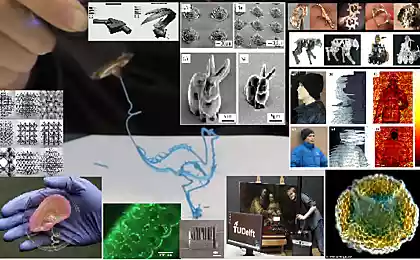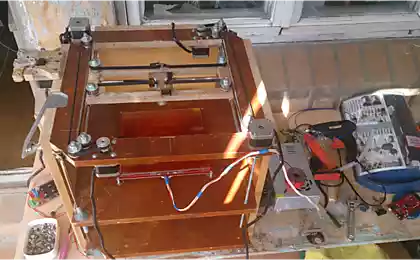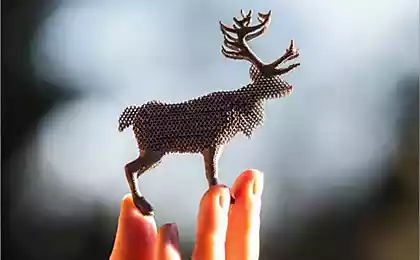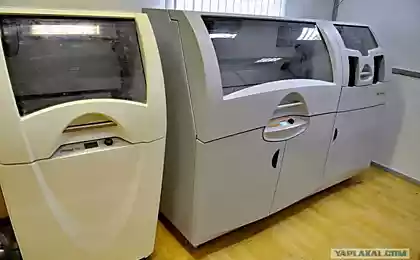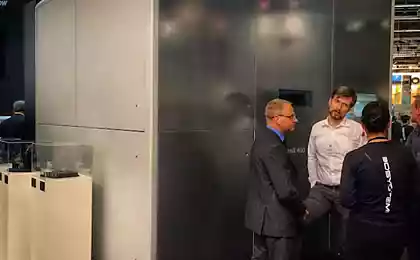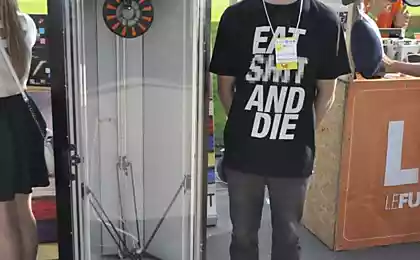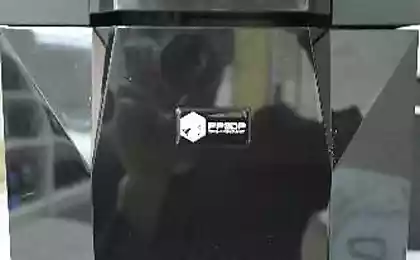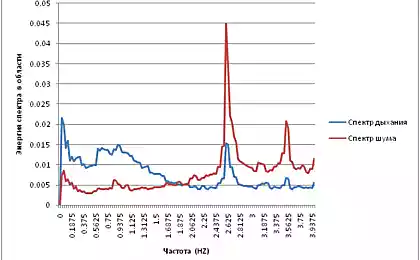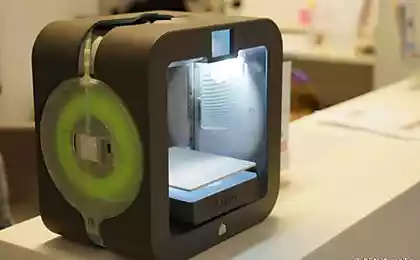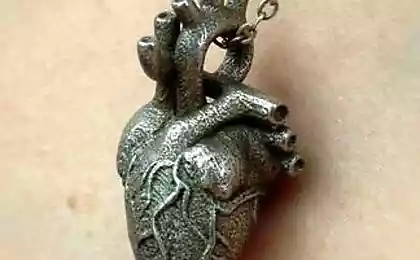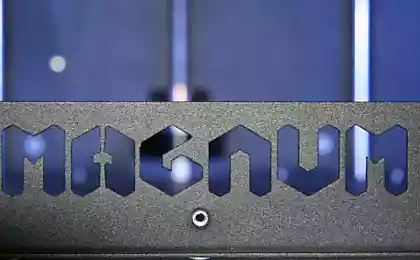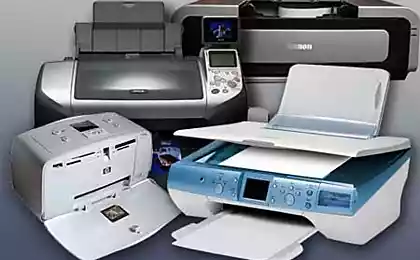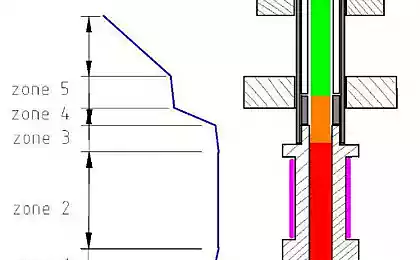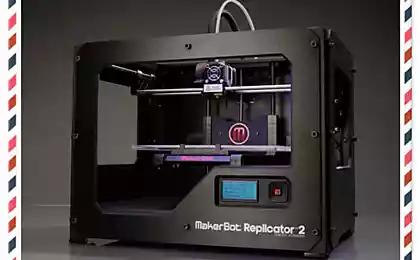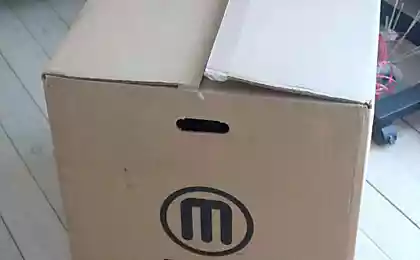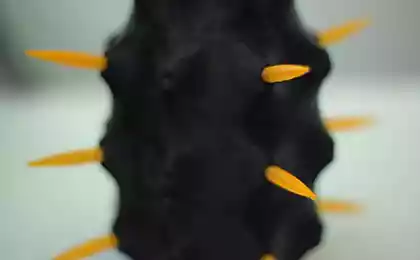1059
At MIT have developed a new printer that can print 10 materials simultaneously
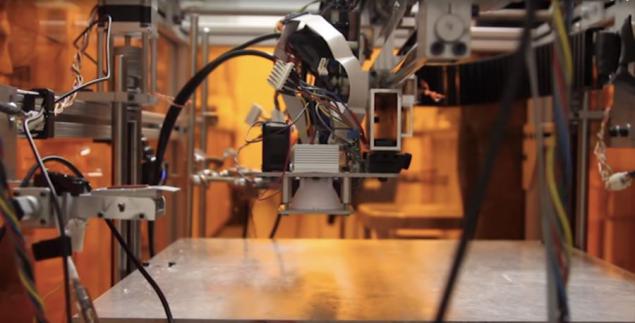
One of the problems of modern 3D printers - that they can print only one material to create a specific object. This material may be plastic, metal or glass, some devices use also wood fibers, fabrics, food products. Whatever it was for just such printers can print something one. some systems that can use 3 types of substances at a time, but such extruders are about 250 thousand US dollars.
The MIT have developed a printer , who can change the future of 3D printing. Thus, this system is capable of printing material 10 simultaneously. The result is the ability to create highly complex in structure and composition of the object.
The new system is called MultiFab. However, unlike all other types of 3D printers, this machine is not material squeezes out of the nozzle. Instead, the system mixes the microscopic drops of photopolymers, and then throws them on the principle of inkjet printers. The system is very complicated, even though it is created from the conventional components.
The central computer controls the entire system, receiving a constant stream of data from a 3D scanner (resolution of 40 microns), and multiple cameras, to observe the process of creating an object. The data flow is large enough - is many tens of gigabytes. However, the central computer analyzes all incoming data, and changes the process of "printing" if something goes wrong. Interestingly, MultiFab not only creates objects "from scratch", but also can print on the surface of other objects. For example, the system can create a lens or a cover for your phone right on your phone.
This platform opens up new opportunities for production, giving researchers and fans to do something with their own hands to design and create much more complicated things than is possible with standard 3D printer. According to the developers, the system can be scaled, opptimizirovana for all operating conditions.
Source: geektimes.ru/post/260856/

